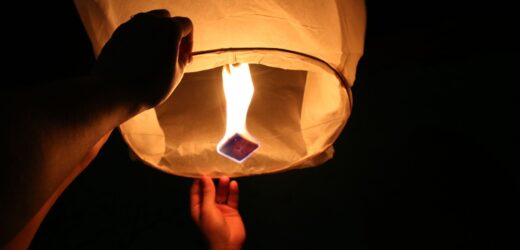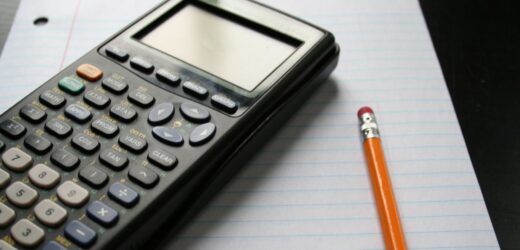I’ve been refining my thinking about self-assessment with help from a colleague and some reading. Much of what I’ve been considering applies to teacher self-assessment as well. Self-assessment is another of those loosely used terms that refers to different activities. It’s regularly equated with self-reflection, and it references assessments an individual makes of a performance or product. Self-reflection tends to be larger, more global in focus—say, a set of beliefs that form a teacher’s identity, a teacher’s understanding of how she functions in groups, or whether a teacher believes he’s good at facilitating discussion. Individual assessments are specific and focused externally—those occasions when students might self-grade solutions to a problem set or critique a self-authored story.
Related Articles
I have two loves: teaching and learning. Although I love them for different reasons, I’ve been passionate about...
When Kahlil Gibran speaks about pain, he likens it to medicine and connects healing to understanding. The understanding...
As the Covid-19 pandemic ran its course, you most likely found yourself adapting classroom policies and activities to...
Every teacher wants to have energetic classes where students are involved in their learning, a goal that is...
I’m a statistical curmudgeon. When I teach statistics, I allow students to use only handheld calculators. I neither...
One of the most powerful uses of AI in education is providing personalized tutoring to students anytime and...








